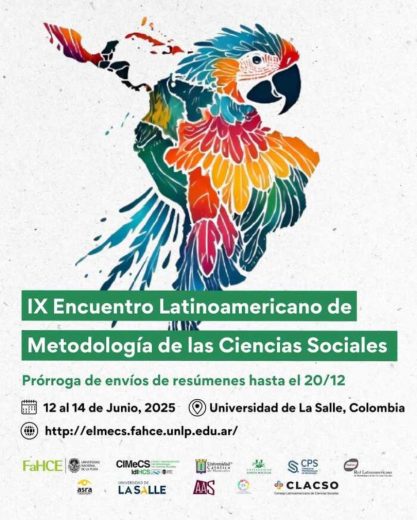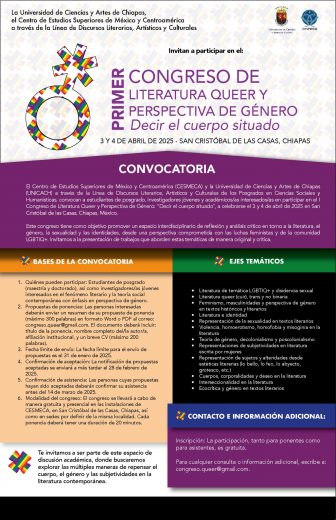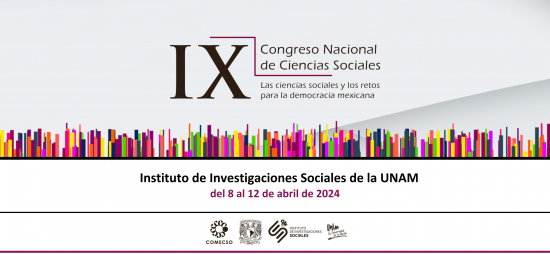How Social Movements Shape the Political Economy
Call for Papers: Special Issue of Socio-Economic Review
Call for Papers: Contesting Markets: How Organizations and Social Movements Shape the Political Economy
Special Issue of Socio-Economic Review
Guest Editors:
Neil Fligstein (University of California-Berkeley)
Doug McAdam (Stanford University)
Timeline:
Submission deadline: September 1, 2017
Publication of the special issue in the Socio-Economic Review: 2019
Background
For the past 20 years, scholars of social movements and those who study corporations have been in dialogue. We have witnessed a vibrant exchange about how social movements challenge firms to change their strategies, create the conditions to support new industries, and explain the emergence of new markets as reflecting social movement like processes. For example, social movements have successfully altered the tactics of firms in the apparel and forest product industries (Bartley, 2003) and in biotechnology (Weber, Rao, and Thomas, 2009; for a review see King and Pearce, 2010). They have led to the legitimation of new industries like hospice care (Livne, 2014) and the market for insurance viaticals (Quinn, 2008). Scholars interested in the process of market emergence and change have viewed market formation processes as akin to social movements as they require the creation of new products, new firms, new identities, and political solutions to market contentiousness (Haveman, Rao, and Thomas, 2007; Lounsbury, Ventrusca, and Hirsch, 2003). Fligstein and McAdam (2012) have proposed a more general theory of social spaces that explain why these different kinds of links exist between social movements and market fields.
But so far, little work has explored the links between these more meso-level processes and more macro-level political economy approaches, especially the study of comparative capitalisms (see Deeg and Jackson 2007). The purpose of the Special Issue is to bring these literatures into a greater two-way dialogue. The literature on politics, social movements, and markets focuses on selecting cases where the scholars know something has changed. By doing so, these studies fail to locate the particular movement organization in a larger context of competing social movement organizations and larger political structures. Meanwhile, comparative capitalisms scholarship has strengths in understanding macro-level institutional variety, the resulting national models of production, and how existing political and economic institutions face challenges by preserving and extending the power of incumbent actors, albeit often accompanied by incremental change. Yet this literature often misses the dynamics around new emerging actors, the creation of new markets and the role that social movement politics play in shaping capitalism, both nationally and internationally.
What we are hoping to encourage with the special issue is something akin to the comparative literature within social movement studies. Among the most important works in this tradition would be Kriesi et al. (1995) on the variable strength and impact of the “new social movements” across five Western European countries and Brockett (2005) and Almeida (2015) on the way established actors and institutions mediated the trajectory of grass roots movements in Central America. In these works, movements are not simply acting, but acted upon. Our goal is to conceptualize of emergent firms and movement actors within the context of established political economies and institutions. We ask not only if and how they impact this institutional environment, but also how established political actors and firms and institutions constrain or facilitate emergent mobilization by firms and movement actors.
Key Themes
The call is open to all topics that fit the general scope of the Special Issue, but we wish to illustrate potential themes as follows:
- Why do social movement organizations in competition with stable political and market fields either succeed or fail in their contest with other actors like firms, political parties, and government Bailey, 2015; Jung, 2015?
- Why does one of a set of competing social movement organizations impact politics and how does the resistance from firms and states affect which of these organizations is successful and which is not?
- How do social movements shape new markets and affect old ones, like the markets for social media and the production of alternative energy sources?
- How do existing political arrangements, social movements, and firms affect such issues as climate change and environmental regulation?
- How do new actors mobilize support for new markets or transforming existing markets in different countries and what impact does this have on different national models of production?
- How do changing information technologies in new or destabilized markets impact contentious politics and institutional change in different types of capitalism?
- When do transnational processes of social movement change get going and what explains the unevenness of their effects in different countries and regions?
- How are new forms of private regulation and governance related to social movements and firms, on one hand, and existing state policies, on the other?
Submissions
Papers will be reviewed following the journal’s normal double-blinded review process and criteria. The maximum length of articles including references, notes and abstract is 10,000 words. Articles must be accompanied by an abstract of no more than 150 words. The main document has to be anonymous and should contain title, abstract, and strictly avoid self-references. Submissions should be directed through the on-line submission system
For further guidelines on submissions and the editorial statement of the Socio-Economic Review, please visit our website
For further information for this Special Issue, please contact one of the Guest Editors: Neil Fligstein (fligst@berkeley.edu) and Doug McAdam (mcadam@stanford.edu), particularly if you have concerns about whether or not your paper fits the Special Issue.
Te puede interesar

Publicaciones del COMECSO
comecso - Dic 04, 2024Este espacio reúne la gran mayoría de la producción editorial de nuestra asociación. A lo largo de casi cinco décadas,…

IX Encuentro Latinoamericano de Metodología de las Ciencias Sociales
Laura Gutiérrez - Dic 11, 2024IX Encuentro Latinoamericano de Metodología de las Ciencias Sociales Indisciplinar las ciencias sociales. Transformaciones y resistencias en las fronteras metodológicas…

Primer Congreso de Literatura Queer y Perspectivas de Género: “Decir el cuerpo situado”
Laura Gutiérrez - Dic 11, 2024La Universidad de Ciencias y Artes de Chiapas, el Centro de Estudios Superiores de México y Centroamérica a través de…

Postdoctoral Research Fellowships
Laura Gutiérrez - Dic 11, 2024University of California Alianza MX Postdoctoral Research Fellowships 2025 Pilot Program Deadline: March 31, 2025 The University of California Alianza…












